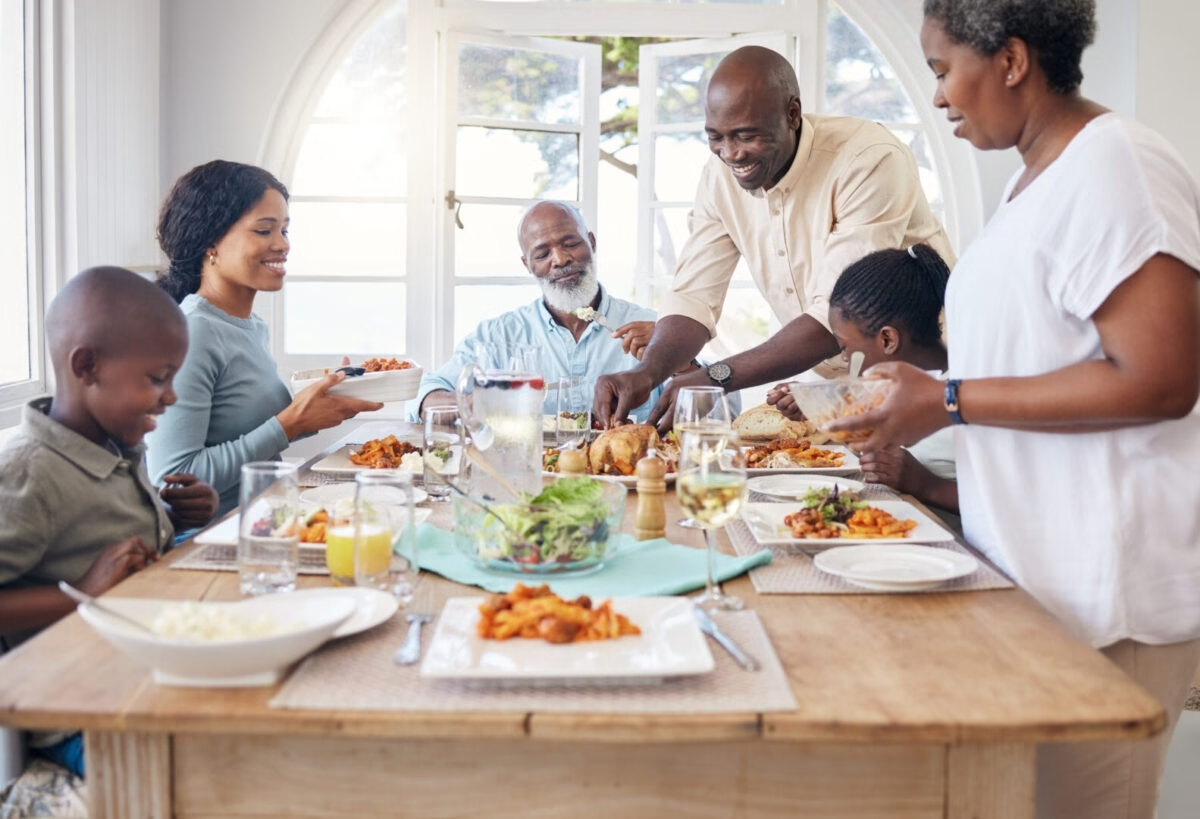Picture this: a warm dining room, the smell of freshly prepared food, and the sound of easy laughter over clinking cutlery. For many seniors, that’s not just a nice image—it’s a lifeline. Eating with others, also known as social dining, is about far more than a meal. It’s a practice that can transform daily life, bringing vitality, health, and joy to older adults who might otherwise eat alone.
So, why should seniors do more social dining? Here are some compelling reasons that go beyond the plate.
Mealtime Becomes an Experience, Not a Chore
For seniors who live alone, cooking and eating can feel like a lonely task. Leftovers pile up, appetites fade, and food loses its appeal. But when meals are shared, the entire experience changes.
Social dining turns a routine activity into an event worth looking forward to. Instead of reheating a quick meal in front of the TV, there’s a chance to savor dishes together, try new flavors, and enjoy the pleasure of conversation. Eating becomes an occasion, not an obligation.
Social Dining Helps the Body Stay Strong
Good nutrition isn’t just about what’s on the plate—it’s also about how much and how regularly we eat. Seniors who dine alone often eat less than they need, which can lead to malnutrition or unintentional weight loss.
By dining with others, seniors tend to eat more balanced meals and keep a healthier appetite. The act of sitting at a table with friends or neighbors often encourages better portion sizes and more mindful eating. Over time, this simple habit supports strength, immunity, and energy—key factors for aging well.
Friendships Are Nourishment Too
Food feeds the body, but connection feeds the spirit. Seniors who engage in social dining are more likely to build meaningful friendships. Whether it’s swapping recipes, reminiscing about family traditions, or chatting about the day’s events, shared meals spark conversation that can brighten even the gloomiest day.
This companionship reduces feelings of loneliness and isolation, which are linked to depression, anxiety, and even declining physical health. In fact, seniors who regularly socialize tend to live longer, healthier lives compared to those who remain isolated.
Routine Creates Stability and Purpose
It’s easy for days to feel long and monotonous, especially for older adults who may not have as many daily obligations. Social dining provides structure. Knowing there’s a scheduled lunch or dinner with friends gives seniors something concrete to anticipate and plan for.
This sense of routine adds purpose to the day and helps keep the mind active and engaged. In many cases, seniors become more motivated to stay active, maintain good hygiene, and even practice better self-care—simply because they know they’ll be sharing time with others.
A Joy That’s Hard to Measure
Perhaps the most overlooked benefit of social dining is the sheer joy it brings. A hearty laugh, the comfort of shared stories, the warmth of a friendly smile across the table—these are the intangibles that make life rich. For seniors, these small moments of joy can have an outsized impact on overall happiness and emotional well-being.
Final Thoughts
Social dining is much more than a trend—it’s a lifeline for seniors. From better nutrition and improved health to deeper friendships and a renewed sense of purpose, the benefits ripple through nearly every part of life.
So, whether it’s joining a community dining program, inviting neighbors over for a potluck, or organizing family dinners, encouraging seniors to eat together is one of the simplest, most powerful ways to support healthy, happy aging.
After all, the best meals are rarely remembered for the food alone—they’re remembered for the company we share.
